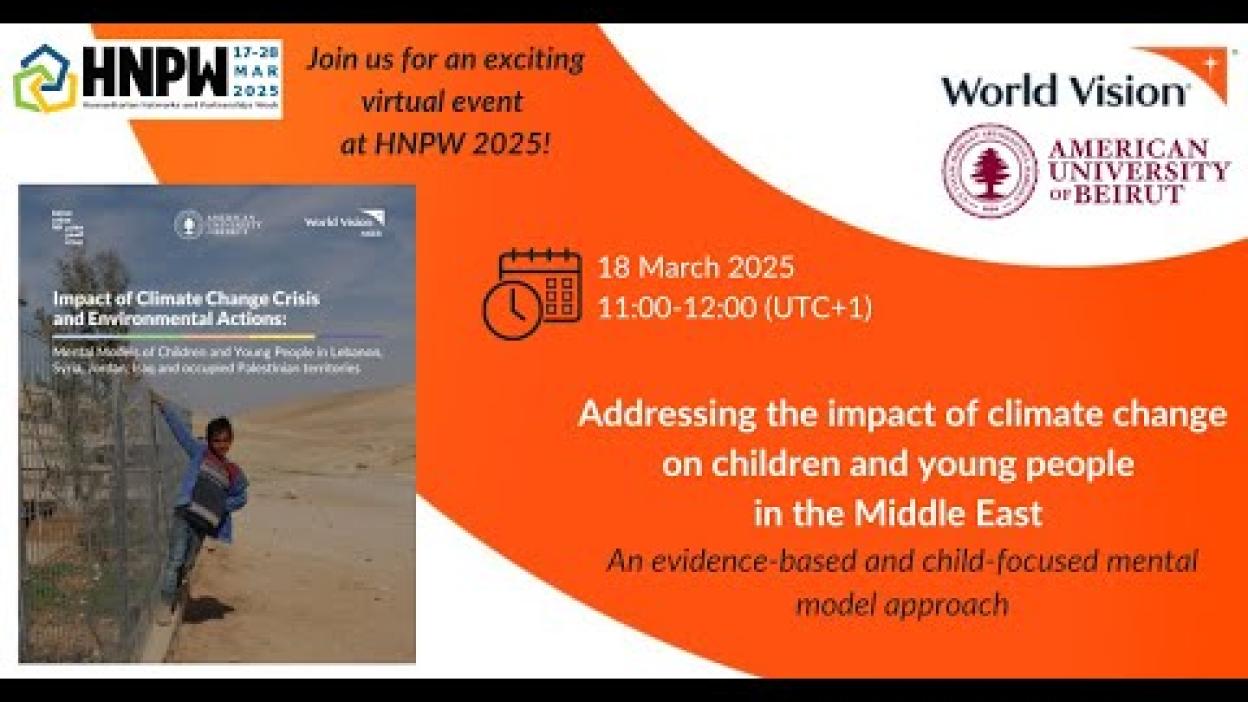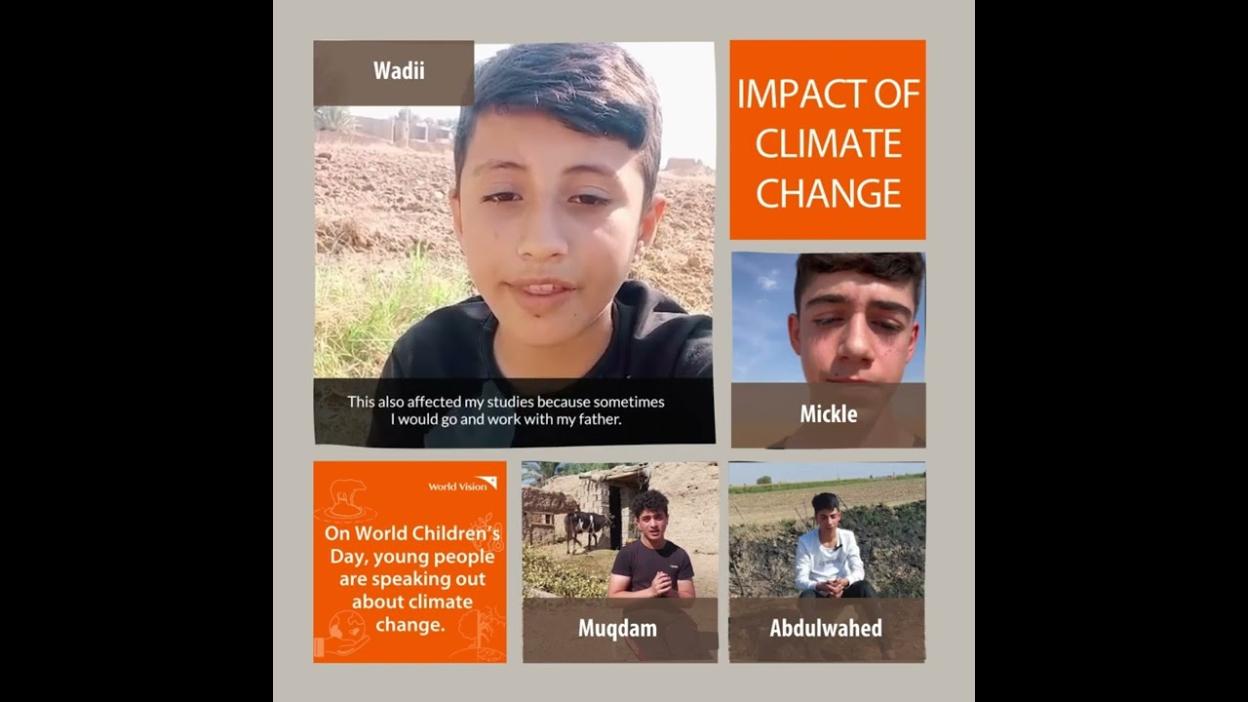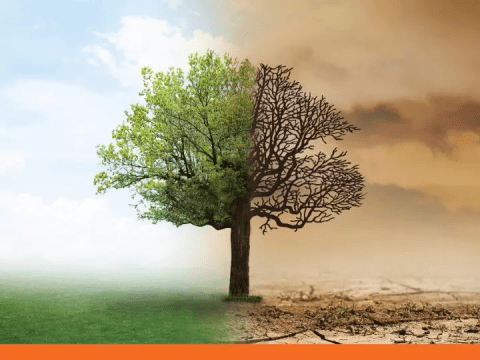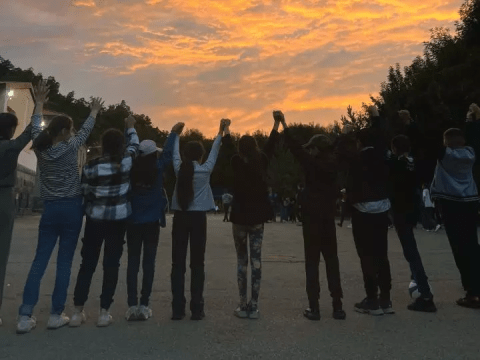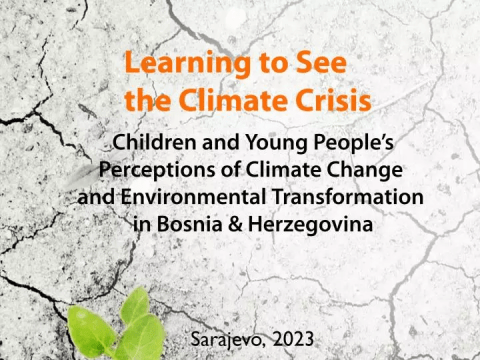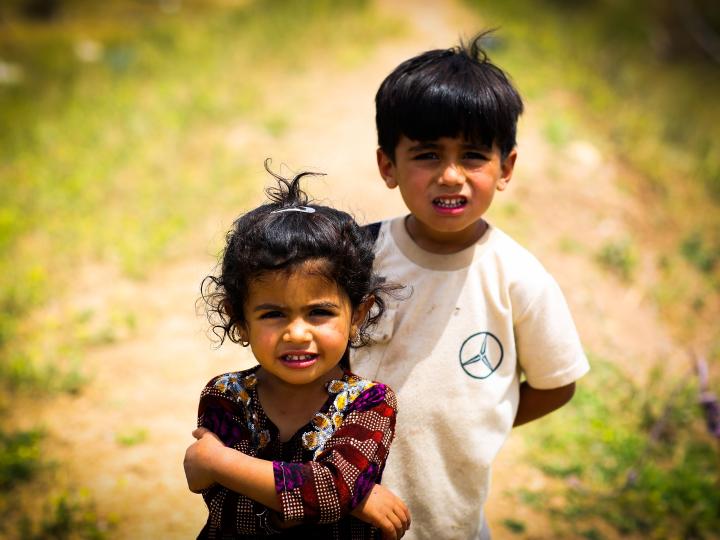
Impact of climate change crisis and environmental actions
on children & youth in the Middle East & Eastern Europe.
NEW STUDY: Mental Models of children and young people in Lebanon, Syria, Jordan, Iraq and Jerusalem-West Bank
In the context of climate change, the Middle East holds significant importance due to its vulnerability to climate impacts, geopolitical implications in global energy markets, potential to influence global climate patterns, and cultural and historical significance.
Children and young people in the Middle East occupy a unique position within the narrative of climate action. Understanding their perspectives on climate change is crucial because it offers insights into their forthcoming encounters with its effects, fostering early awareness and involvement. This understanding of mental mapping can then inform the development of targeted policies and interventions, empowering children and young people to actively contribute to climate action and ultimately enhancing long-term sustainability and resilience efforts.
 In August 2024, World Vision MEER, in collaboration with the American University of Beirut and the Beirut Urban Lab, completed a study based on semi-structured interviews conducted face-to-face and by phone with children (ages 8-17) and young people (ages 18-24) from May to June 2023. These participants were purposively sampled from hot spot areas in the Middle East, which are highly susceptible to extreme weather events and more affected by climate change. The study's analysis, which extended into 2024, employed innovative methodologies using WordStat and Mental Modeler to develop cognitive frameworks and uncover the mental models these groups have about climate change impacts.
In August 2024, World Vision MEER, in collaboration with the American University of Beirut and the Beirut Urban Lab, completed a study based on semi-structured interviews conducted face-to-face and by phone with children (ages 8-17) and young people (ages 18-24) from May to June 2023. These participants were purposively sampled from hot spot areas in the Middle East, which are highly susceptible to extreme weather events and more affected by climate change. The study's analysis, which extended into 2024, employed innovative methodologies using WordStat and Mental Modeler to develop cognitive frameworks and uncover the mental models these groups have about climate change impacts.
HNPW Event: Addressing the Impact of Climate Change on Children and Young People in the Middle East
On March 18th, 2025, WV MEER, together with colleagues at the American University of Beirut (AUB), WV Iraq and WV JWG, presented the findings and programmatic outcomes of the regional climate report at OCHA's Humanitarian Networks and Partnerships Weeks (HNPW). View the recording to learn more.
Eleanor Monbiot at the World Urban Forum 12 in Egypt
Our Regional leaders, Eleanor Monbiot, spoke at the World Urban Forum 12 in Egypt about the need to find lasting solutions that will provide displaced children living in slums and informal settlements with more meaningful opportunities for the future.
ISPCAN Congress 2024 in Uppsala, Sweden
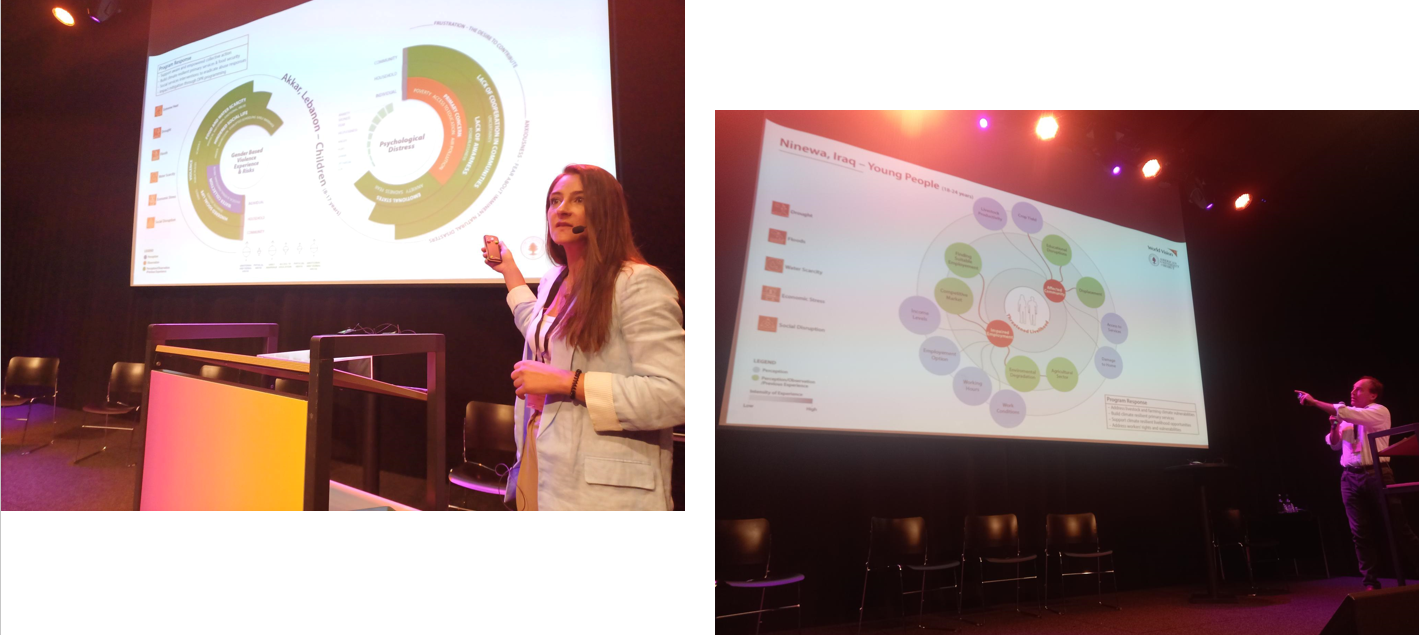
Our Impact & Evidence Advisor Ghida Krisht reports from Sweden
Watch this video from our Impact & Evidence Advisor, Ghida, to learn more about our participation in Congress.
Key Findings
Key findings related to children's and young people's mental health and psychosocial wellbeing and the tangible repercussions of climate change stress in Middle Eastern countries highlight significant negative impacts. Across the region, common observations reveal:
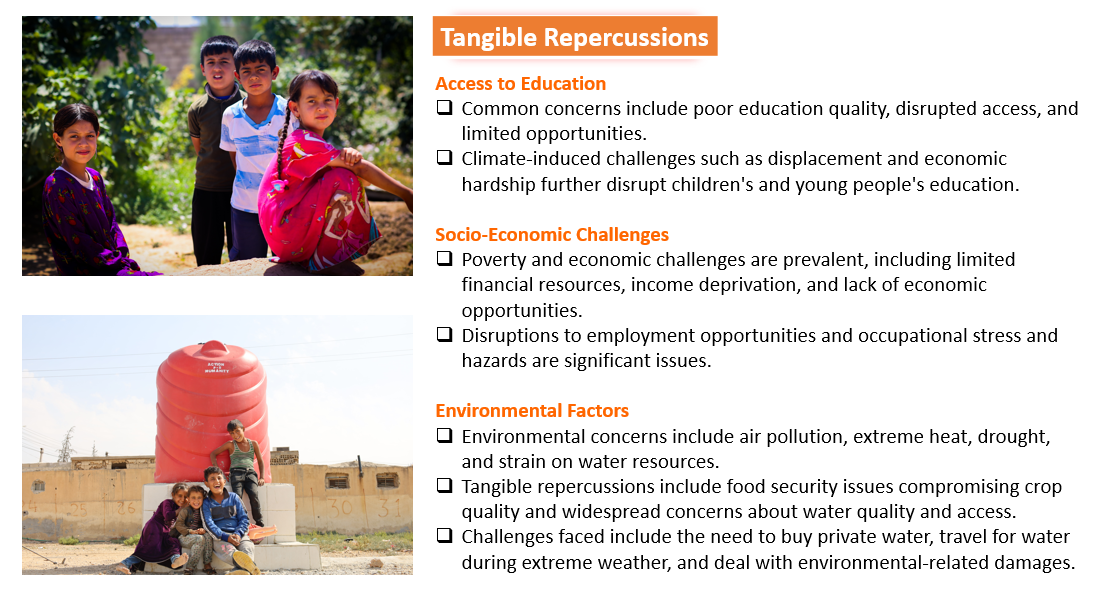
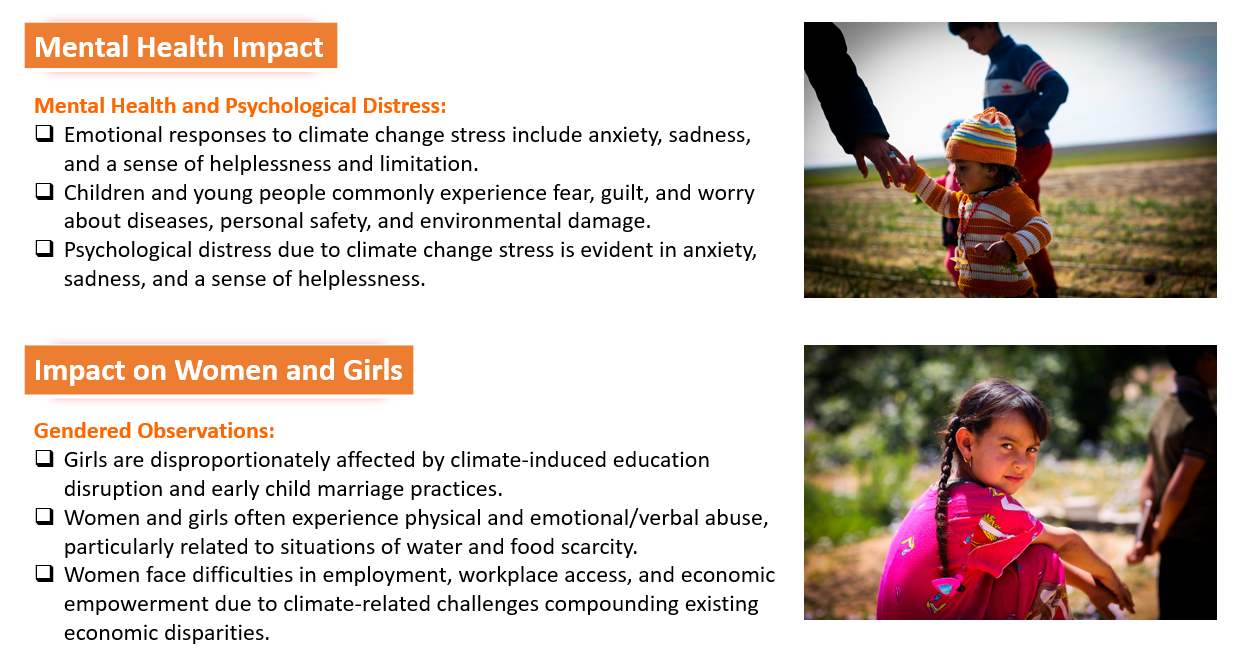
Listen to messages on climate change from the children of Iraq
Wadii, Abdulwahid, Mickle and Moqdam speak up about climate change in Iraq. They also share a message to world leaders about youth and climate change.
Mental Models
By developing innovative mental models we reached a nuanced understanding of cognitive frameworks and insights into children and young peoples’ perspectives of climate change.
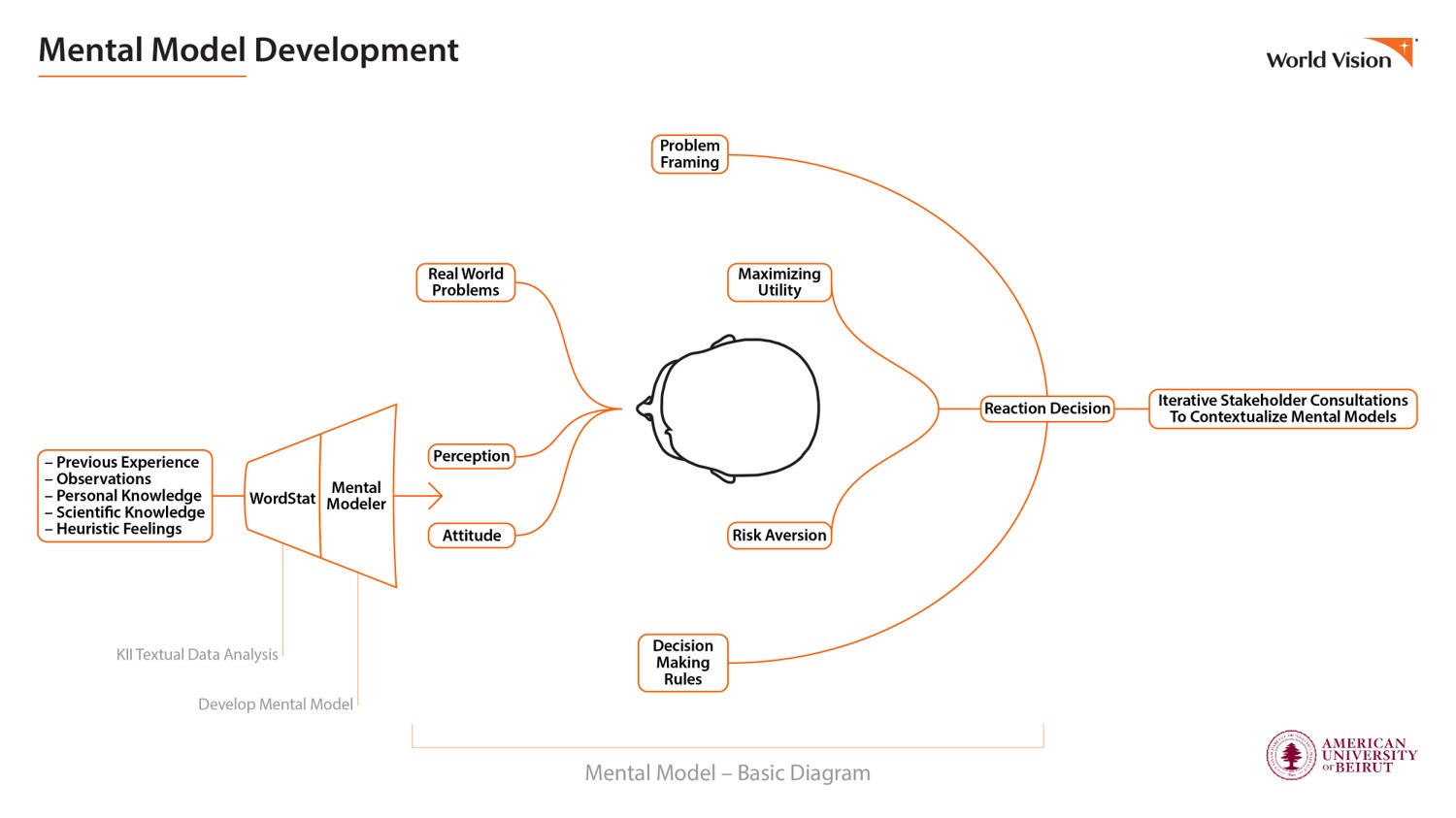
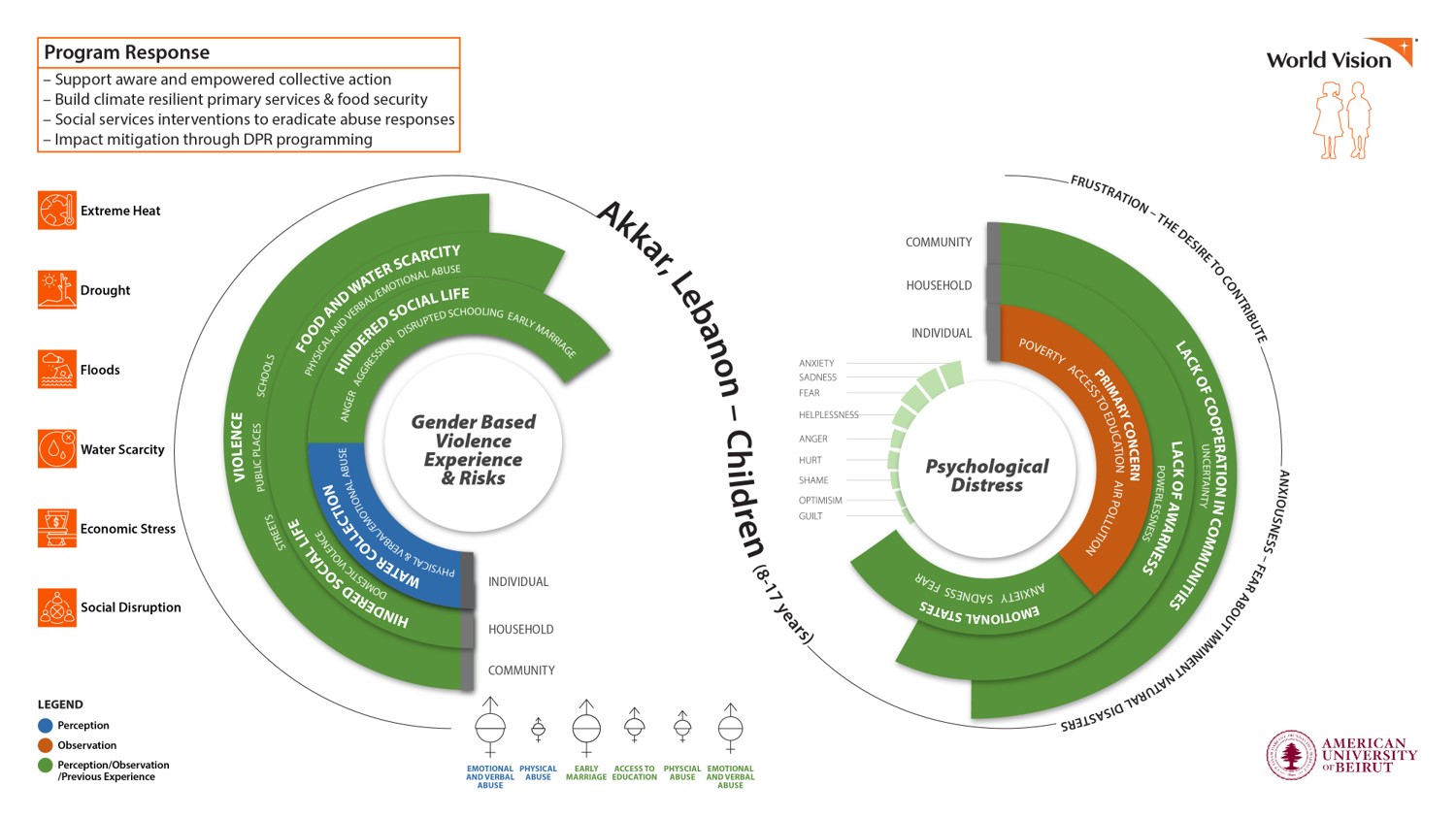
The full report and infographics will be available end of August 2024.
Climate change publications from Eastern Europe
Learn more about the impacts of climate change on children and young people in Eastern Europe.
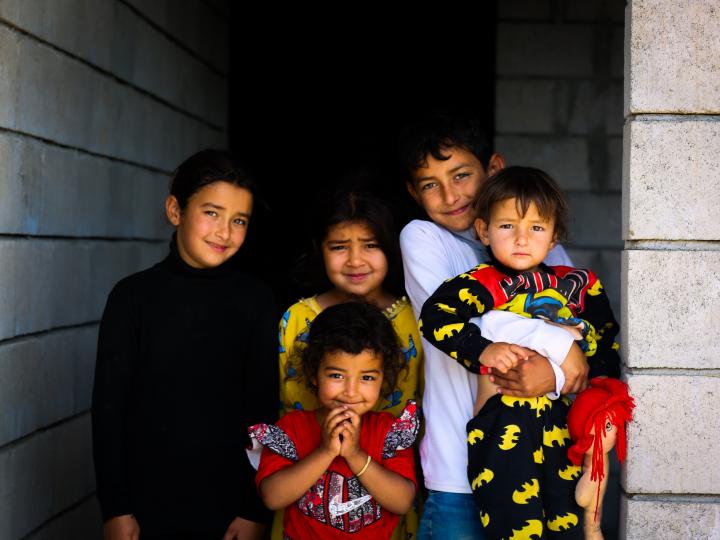
The perspectives of children
There is a universal desire among young people across the region to be involved, to learn, and to contribute to addressing climate change.

